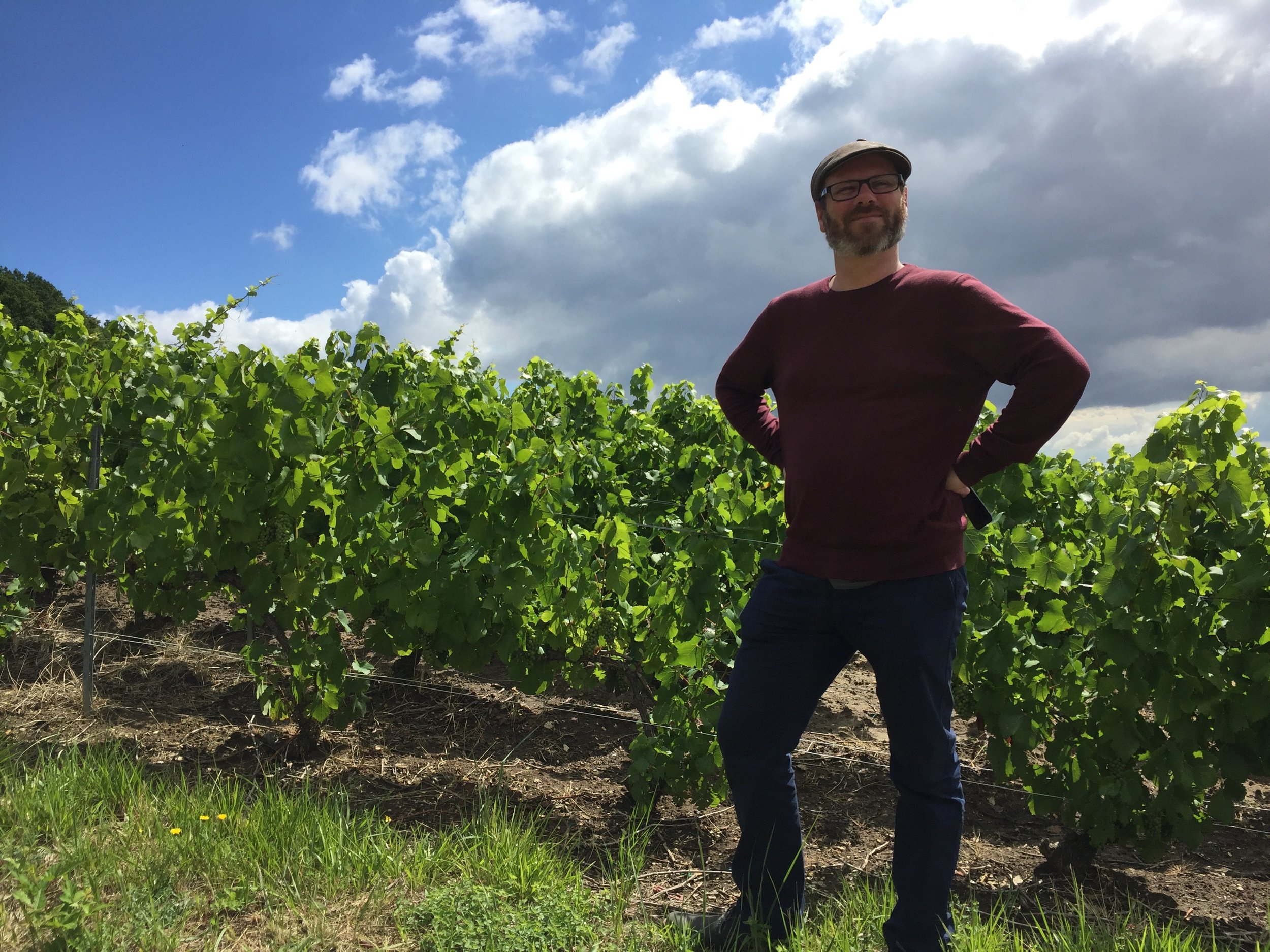The Culture of Wine: Portugal
Portugal is on the edge of Europe, its only neighbouring country Spain. It looks more towards the Americas than it does towards Europe. Quite literally: a statue of Christ directly faces the one in Rio de Janeiro. That’s a throwback to Portugal’s imperial history, when Portugal colonised the vast country of Brazil, the African nations of Angola and Mozambique, and Goa and Macau in Asia. That’s not a pretty history, but at least on the Atlantic island of Madeira no one was harmed: it was only populated with trees.
That imperial history is long faded, seen in the grand buildings of Lisbon. The main square, Praça do Comércio, opens up to the ocean. Sitting at one of the cafés, in the shade below the balconies, is a sculpture of Fernando Pessoa, a bank clerk who died in 1935. Unedited writings of his were found in a chest, only first published in 1982. The Book of Disquiet is a series of disconnected ruminations written under what Pessoa called “heteronynms”—different names and personalities than enabled him to write in different styles. It’s the Portuguese bible: contradictions, fear, unease, self-reflection, confusion, conflicts that could only be Portuguese, disconnected from the rest of the world.
Another great Portuguese writer, José Saramago, wrote of driving from Spain to Portugal across the Douro, called in Spain the Duero. He stopped and got out of his car, and prayed to the fish in the river who didn’t know they were swimming from one country to another. It’s a poetic description of how everything changes between Spain and Portugal: the place names, the language, the countries, the people, the time zone.
Given its exposure to the Atlantic, Portugal has been shaped by outside influences. It long had a strong relationship with England (who later completely destroyed Portugal’s imperial and trade network), and that led to the development of port, the country’s most famous wine. In 1689, yet another English Civil War saw a Dutchman called William of Orange ascend to the throne. He hated the French and one of the first laws he insisted upon was a prohibition on all French products. No wine for the poor aristocracy who had to look elsewhere: to Portugal, which led to the birth of port.
The Douro Valley is one of the most astonishingly beautiful wine regions in the world, a dramatic entry from the city of Porto on to green, stone-studded terraces above the winding river. It’s now easy to access by road, but until the 1970s it was isolated and remote. The wines had to be transported across the river to Porto’s sister city Vila Nova de Gaia where it was cool enough for them to be stored.
It rains in Portugal. The Atlantic coast is wet, sudden showers hitting the streets, forcing everyone inside to buy a cheap umbrella. Porto is the wettest major city in Europe. Looking out at the Atlantic, you could be in Ireland. But it’s also very dry, hot, arid, brown landscapes inland. For such a small country, Portugal is divergent, covered with small, family-owned vineyards.
Although it’s a romance language connected to Spanish, Italian, and French, Portuguese is an impossible language. The Irish writer Samuel Beckett, who was fluent in French and Italian, spent two weeks in the Açores, a set of islands in the Atlantic Ocean, and studied the language. He concluded that Portuguese was, in theory, easy to learn but, in practice, impossible to speak and understand. Not surprisingly, many Portuguese speak Spanish and very good English.
In a country of just ten million people, Portugal consistently produces some of the greatest footballers and managers in Europe. There are 250 indigenous varieties, more per vineyard plantings than any other country. Port is one of the finest wines of the world, made in many styles. Portugal may be on the edge of Europe, but it is the centre of many conversations.



